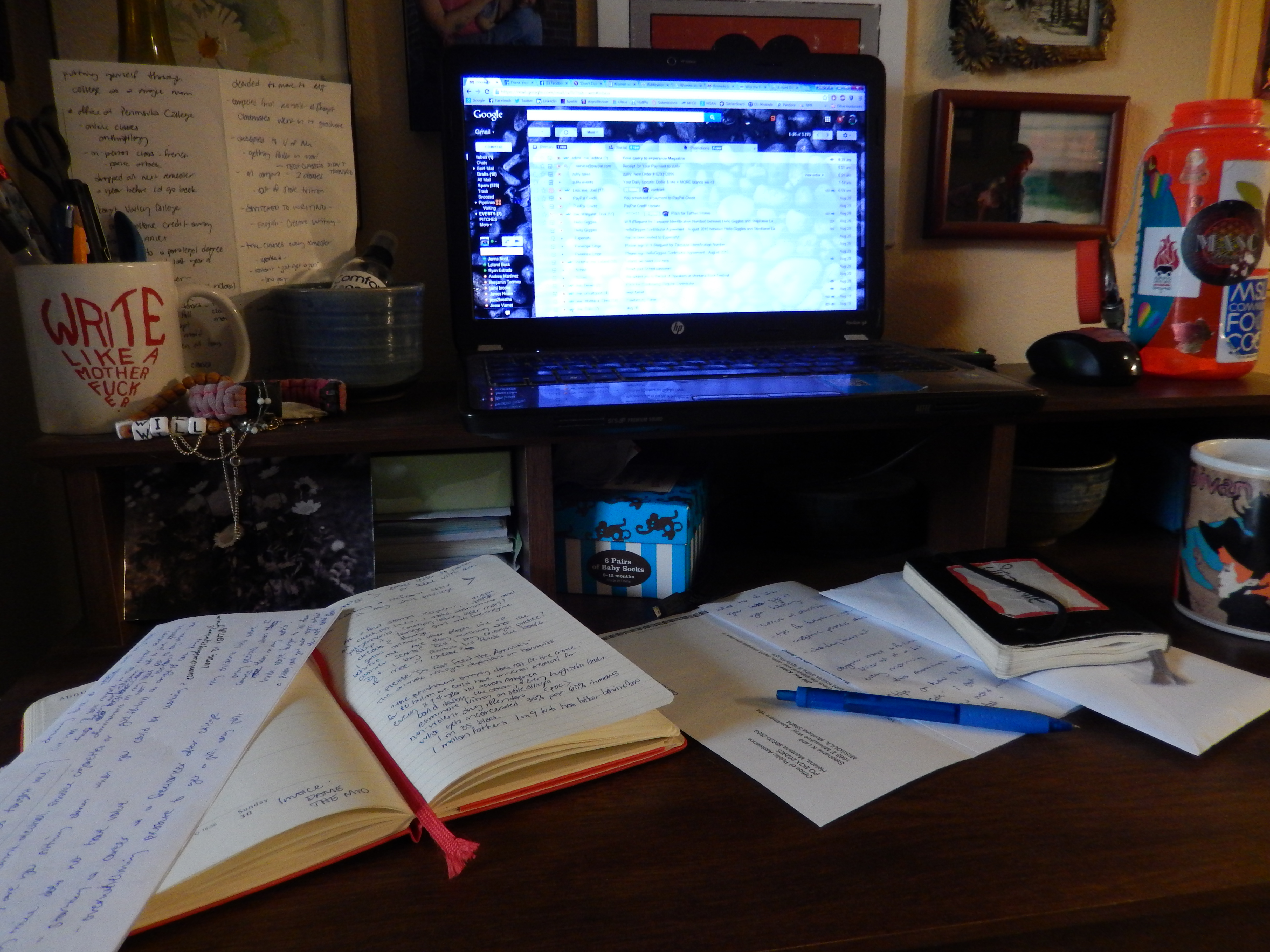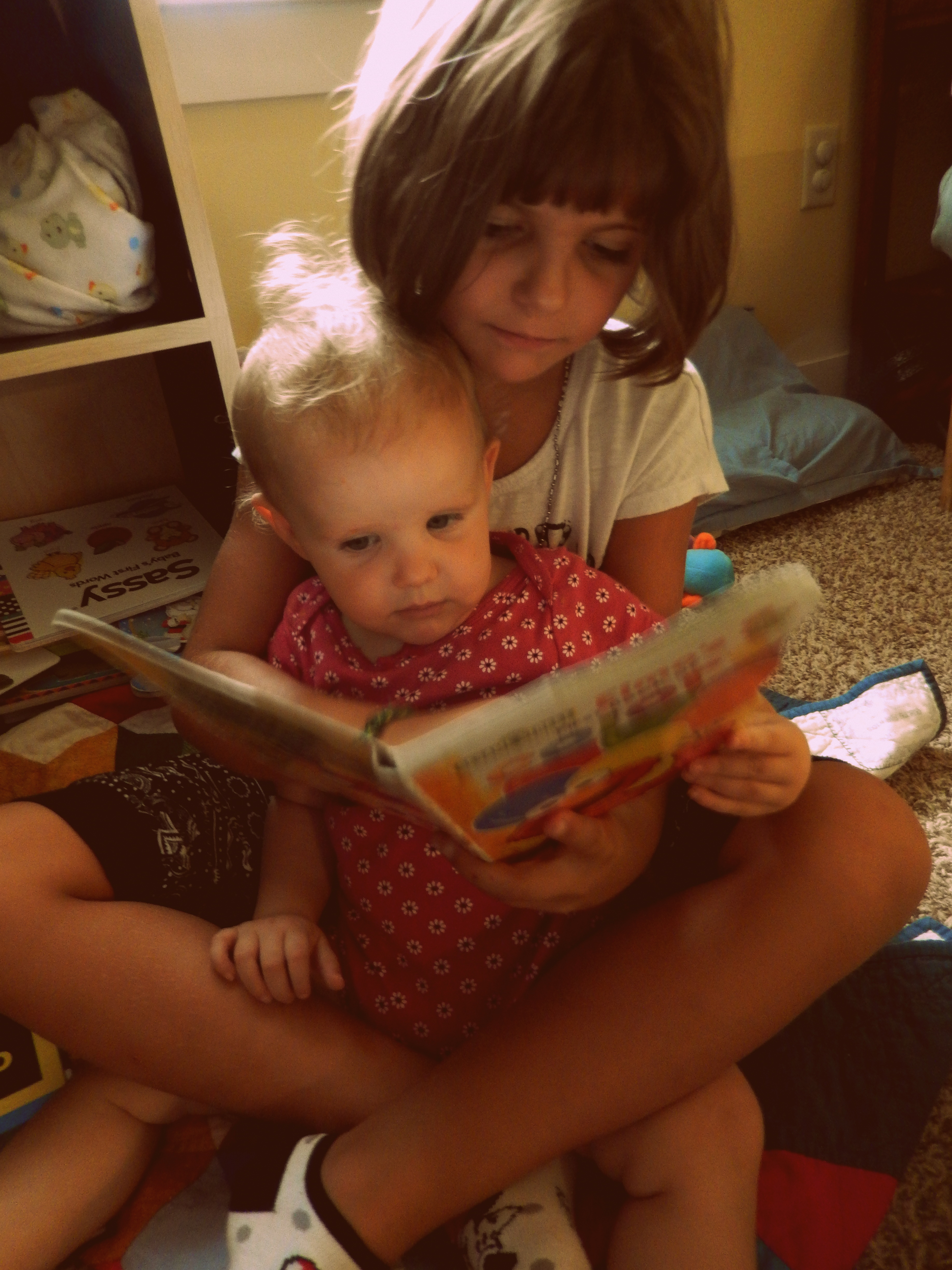Writing Out of Poverty. Literally.
Lately I’ve been writing a lot about how it feels to live in poverty. I’ve been published or featured seven times in the last week. I’m waiting on three more to go through edits, and another two to go live. On Tuesday, I’ll stand on a stage in front of a class at the college where I just graduated and give a talk about freelancing. I took that class two years ago.
 But that’s not even the biggest full-circle moment. I’m working my way out of poverty by writing about my experiences in it. By opening myself up and taking a risk of admitting to others (namely internet trolls) that I’m still struggling enough to qualify for government assistance, I am getting to a place where I don’t need it anymore.
But that’s not even the biggest full-circle moment. I’m working my way out of poverty by writing about my experiences in it. By opening myself up and taking a risk of admitting to others (namely internet trolls) that I’m still struggling enough to qualify for government assistance, I am getting to a place where I don’t need it anymore.
My first piece through the Economic Hardship Reporting Project was published yesterday. It’s the first time I’ve ever published something that said the words “I’m on food stamps.” Yesterday I wanted to curl onto my knees and heave sobs because of those four words appearing on a website. It was admitting how hard this has been while knowing the journey is almost over.
The piece was about the stigma involved in being on government assistance, or welfare, as most incorrectly call it. It’s about being compared to a wild animal receiving handouts on social media. It’s about feeling that judgment and hatred every time I pay for groceries, or even select items off the shelf.
I can honestly say I’ve never felt encouraged to get a college education as a single mother. I especially didn’t feel encouraged to pursue writing. I felt encouraged to work. I felt like I needed to work as many hours as I possibly could, no matter how low the pay, to get ahead. This is an idiotic system. Why wouldn’t low-income people be encouraged to educate themselves to earn higher wages? Not only was I going to school, though, I was taking out the maximum amount of student loans to pay for our meager fixed expenses like rent, insurance, internet, gas, phone, and utilities. I worked my way through college, and received grants and scholarships, but still ended at $50,000 in debt. Graduating meant failing my family at a chance to own a house.
 Without the degree, though, I don’t think I would have stopped cleaning houses. I don’t think I would have thought myself on the same level as the people whose houses I cleaned. I don’t think I would have set my sights on top of the mountain, instead of being okay with remaining in the comfort of the trailhead at a job that required little skill or brain-power. Not thinking, not going to school, only working, was easy.
Without the degree, though, I don’t think I would have stopped cleaning houses. I don’t think I would have thought myself on the same level as the people whose houses I cleaned. I don’t think I would have set my sights on top of the mountain, instead of being okay with remaining in the comfort of the trailhead at a job that required little skill or brain-power. Not thinking, not going to school, only working, was easy.
In a sense, I still feel the pull to get a regular job. I’ve written about this before. I think it’s only because writing is such a hobby to me and I feel like I’m not truly working. What is work, anyway? To a low-income person, it means being on your feet, asking people if you can get them anything, and performing customer service in the most direct way possible. Even if you’re working behind the scenes as a janitor, you still have customers to please.
But we’re all working in customer service. We’re all freelancers. Nobody (hopefully) forces us to work and we can leave anytime. And somebody, somewhere, appreciates the work we do, even if they don’t notice it.
I’m sitting in a café right now. I have a store-bought coffee sitting next to my laptop. I’m waiting for emails from editors, sending off essays, and fielding comments on my social media platforms. Last night I stayed up until 2 in order to meet a deadline. The work is constant, a mad dash, and a delicious hustle.
I just found out The Guardian’s running my op-ed tomorrow.
I think I deserve the night off.
step.
